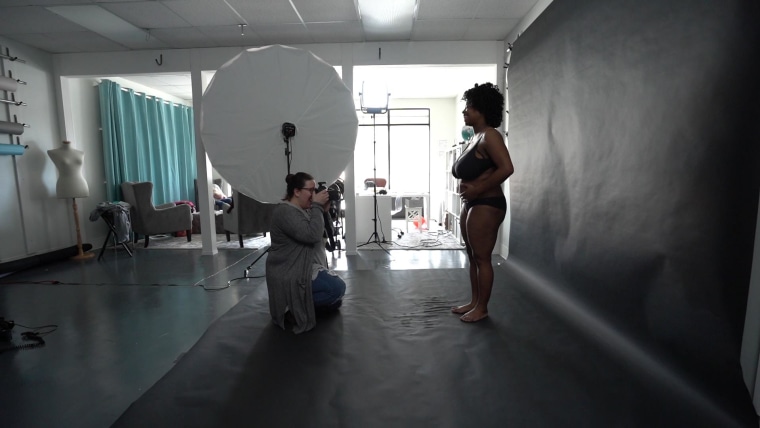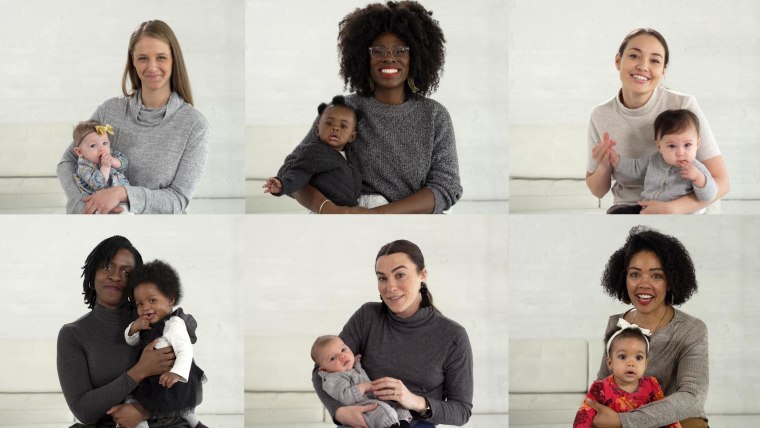How Long Did It Take to Get Pregnant at 40
Couples who are trying to conceive have probably heard stories from both ends of the spectrum: the couple who got pregnant on their first try and the couple who spent years trying to have a baby.
It's true that pregnancy is different for every couple. But how long does it usually take?
The old rule of thumb is that for every month you have sex during a woman's fertility window, there's about a 15%-20% chance of pregnancy, according to Dr. Mary Jane Minkin, an OB-GYN and clinical professor of obstetrics at Yale University in New Haven, Connecticut.
But your chance of getting pregnant really depends on multiple factors, and by far, the biggest one is age.
How age affects your chance of getting pregnant:
Generally, as a woman gets older, her chance of conceiving each cycle goes down. Shady Grove Fertility uses the following statistics from The Alan Guttmacher Institute, a reproductive health research center, to advise the women who visit their practice.
If you're 20 to 24 years old ...
Your chance of conceiving within a year is 86%.
If you're 25 to 29 years old ...
Your chance of conceiving within a year is 78%.
If you're 30 to 34 years old ...
Your chance of conceiving within a year is 63%.
If you're 35 to 39 years old ...
Your chance of conceiving within a year is 52%.
That said, other research has turned up higher figures. This is a commonly cited statistic from a 2003 study:
Overall, about 80% of couples with no obvious fertility issues who are actively trying to conceive will be pregnant within 6 months.
While these numbers can be helpful for women who want to know where they stand, couples should remember that there's no hard-and-fast rule when it comes to how long it will take to get pregnant. And depending on which doctor you're talking to or which study you're referencing, the percentages can be slightly different.

How to get pregnant faster:
The good news it that there are many things you can do to increase your odds of getting pregnant.
First, make sure your timing is right — here's a helpful explainer on ovulation and the fertility window. Secondly, a healthy lifestyle benefits fertility (for both men and women). Stop smoking, don't drink too much and try to maintain a healthy body weight.
Who should see a fertility specialist?
Most OB-GYNs will give this guidance to couples who have no obvious fertility issues. You should see a specialist:
- If you're under 35 years old and have been trying to get pregnant unsuccessfully for a year.
- If you're between the ages of 35 and 39 and have been trying to get pregnant unsuccessfully for six months.
- If you're 40 years old or older and have been trying to get pregnant unsuccessfully for three months.
That said, there are many reasons a couple might visit a specialist sooner. Women who have endometriosis, irregular cycles or a history of pelvic inflammatory disease, as well as women who have had two or more miscarriages, should consider seeing a specialist, according to Dr. Michael Edelstein, a reproductive endocrinologist with Shady Grove Fertility in Richmond, Virginia.

The same goes for women who have major health issues, including women who have cancer and are getting ready to undergo chemotherapy or radiation.
"Most infertility doctors can see those patients almost immediately," Edelstein said. "There's an option to quickly freeze their eggs, and we have special programs and abilities to get free or significantly reduced medicine, and that's really important for women to know."
"There's so much emotion going on in those situations that even the oncologists can sometimes forget to mention that," he continued. "So those women do have the option of maintaining their fertility."
For many couples, fertility can be a sensitive subject. But rest assured that most couples will be able to get pregnant without any problems, and for those who don't, there are many options and resources available.
Rheana Murray is a senior lifestyle reporter for TODAY Digital at NBC News. She writes about health and wellness, parenting, style, news and more.
How Long Did It Take to Get Pregnant at 40
Source: https://www.today.com/health/how-get-pregnant-faster-here-s-what-doctors-say-t155440
0 Response to "How Long Did It Take to Get Pregnant at 40"
Post a Comment